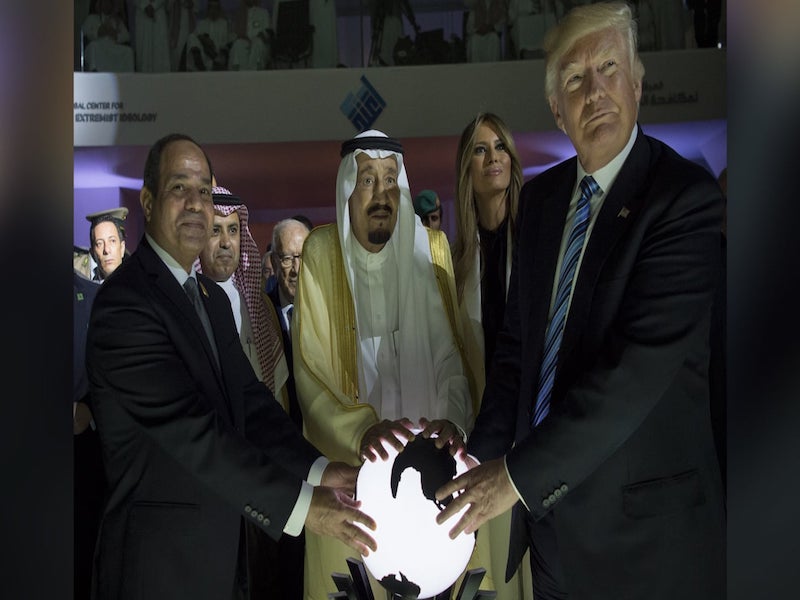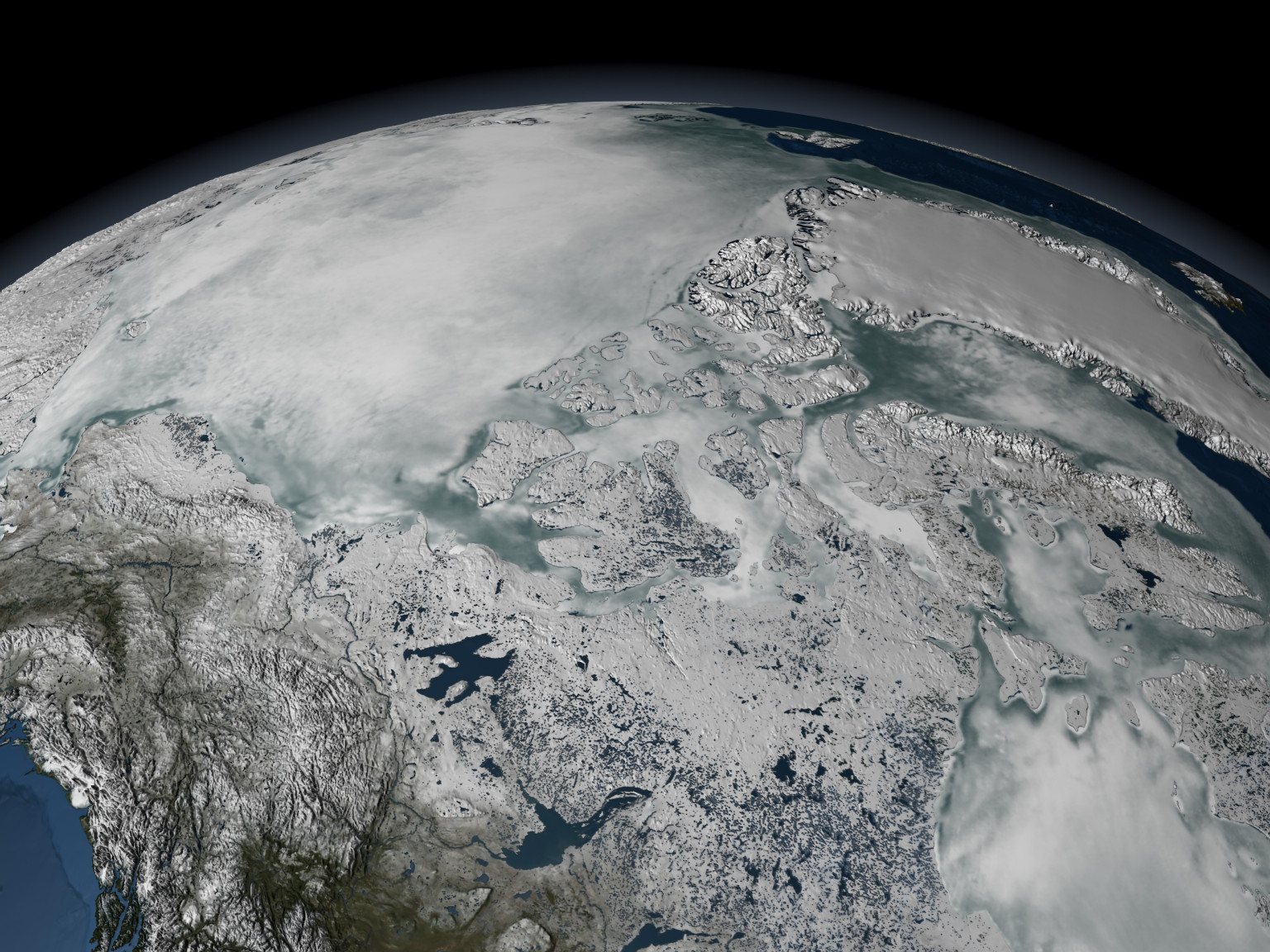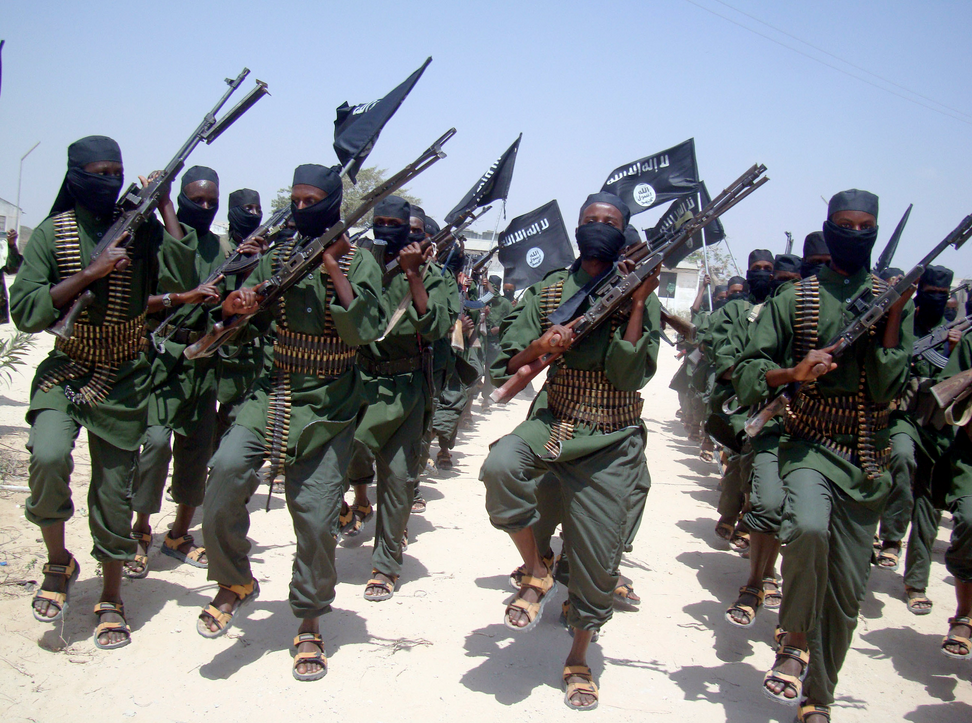There is no world region that gets as much news coverage and global attention as the Middle East. Even before this decade and the turmoil that the Arab Spring brought with it, the Middle East has always been of tremendous geopolitical strategic significance in terms of energy security, balances of power, important allegiances, and autocratic governance.
In recent times, a whole new set of crises has cemented the Middle East’s position as a centre of world events. The Arab Spring, having taken the world by surprise, was the catalyst for the global events that transpired from the moment Mohammed Bouazizi – the Tunisian street vendor that ushered in the region’s democratic wave – set himself on fire.
Arab Spring
At the onset of the Arab Spring, the world stood idly by in disbelief at the democratic wave that gripped the region, forcing long-time dictators and those that were previously considered to be life-long rulers to step down in a matter of weeks, if not days. Revolutions turned into civil wars, and democratic revolts turned into rebellions, as autocrats watched their counterparts fall from grace in multiple countries and for those that weathered the storm, they entrenched themselves in power.
The array of individual crises soon became too interconnected to ignore. It became an ideological battle of influence for regional powers such as Saudi Arabia, Iran, the United Arab Emirates, Qatar and Turkey. It became a region in which every global superpower, whether the European Union, the United States, Russia or China, had a distinct set of interests. Even more so, it became a fertile ground for Islamic extremism to bring itself to the forefront of events, with the rise of the Islamic State.
The Iran Nuclear Deal Is Born
At this pressing historical juncture in the evolution of the modern Middle East, with a range of different and often competing influences taking root, and despite the United States taking a backseat to the developments that unfolded, there was one area that demanded their continuous attention: Iran’s nuclear weapons development program. Iran attaining nuclear weaponry would have been irreversible and would have undoubtedly led the Middle East to a nuclear arms race that had so far been avoided. Iran’s rationale was for either a genuinely nuclear-free Middle East, with all states adhering to the Non-Proliferation Treaty, including Israel, or they would have attained their own security guarantees for themselves.
Obama’s methodology then was to compartmentalize the nuclear file from other regional events, and deal with one existential threat to global peace and security, and then deal with regional crises. As we now know, while the Obama administration could compartmentalize, the rest of the region could not, with staunch opposition from the U.S.’ Gulf allies, Egypt, and Israel. Khamenei himself was skeptical of signing an agreement with the country he refers to as the ‘Great Satan’. It was only the rare moderate voices of Iranian President Hassan Rouhani and his Foreign Minister Javad Zarif that pushed through with the historic agreement.
By signing the Joint Comprehensive Plan Of Action (JCPOA) deal with Iran and ensuring that a nuclear Iran was now no longer a threat, Obama redrew the lines of influence in the region, accommodating Iran’s role as one actor out of many, though it infuriated the other actors who were not willing to give up any of their own roles; namely, the Gulf states. Obama once famously said that the gulf’s main challenges were internal rather than stemming from Iran.
Supporting regime change in Iran ignored realities of protest suppression and internal security capabilities. U.S. threats to Iran would only increase popular support for regime hardliners that would stifle any meaningful resistance, whereas, long-term regime modifications would work, showing the Iranians that there was an alternative to open-ended hostility. By providing Iran with incremental incentives for regime modifications, supported on the conditionality of change with improvements in relations, trade and aid, the U.S. would not need to seek to win an arms race, but to end it altogether.
The Middle East At A Standstill
As it stands, the Middle East is a region embroiled in chaos. Egypt and the Gulf monarchies hoped to offer an alternative to the Middle East than the one the Arab Spring represented. Their version of the Middle East includes authoritarian stability and counter-terrorism cooperation with no internal or external pressure to accommodate other actors or democratize. Their unwavering demand is to have Iran weakened significantly or pushed out altogether from its influence in Syria, Iraq, Yemen and Lebanon. The quartet of autocratic allies wants a far deeper political commitment to a regional order in which they are the dominant powers in the Arab world.
In Syria, the whole Gulf Cooperation Council committed resources and finances to unsuccessfully sway the civil war in the rebels’ favour. In Yemen, Houthi rebels took control over large swaths of the country in order to demand better representation after decades of marginalization and repression by the central government in Sanaa. Saudi Arabia, in return, launched a multi-national war on Yemen, turning the country into the most pressing humanitarian disaster in the world.
Lebanon, a country whose political blocs are equally polarized between Saudi Arabian and Iranian influence, is between a rock and a hard place. It’s Prime Minister, Saad Hariri, was held in Riyadh for two weeks in November 2017, in what the Lebanese President, Michel Aoun, called a kidnapping. The Prime Minister resigned his position while he was in Saudi Arabia, only to withdraw that decision when he arrived back in Lebanon after French President Emmanuel Macron personally flew into Riyadh to intervene. The result being that Lebanon’s first parliamentary elections in nine years only confirmed that the Iranian-backed Hezbollah militia and political party, alongside its allies wield great power amongst the Lebanon people.
Most surprisingly of all, on June 5th, 2017, Saudi Arabia, Egypt, Bahrain, and the United Arab Emirates, known as the quartet, cut ties overnight with Qatar and waged an economic blockade on the peninsular state, causing irreparable harm to their once ‘brotherly’ relationship. The cutting of ties with Qatar shook the region again and emphasized how significant the ideological and geopolitical divides were on the future of the Middle East.
The enemy of my enemy is a friend of mine; the logic of such a saying has resulted in almost unprecedented overtures being made by Saudi Arabia, the UAE and Bahrain towards the state of Israel, a country to which they had no relations with previously and had been historically hostile to, due to its continued occupation of Palestinian lands and human rights abuses against indigenous Palestinians.
Too Many Actors
The balances of power in the Middle East changed in 2015 when Russia successfully intervened in the Syrian Civil War to regain the upper-hand advantage for its ally Bashar Al Assad and to secure the Tartus naval base that gives them access to the Mediterranean Sea and beyond. Now, Russia’s influence in the Middle East is established, with a growing military relationship with Egypt, Lebanon and Sudan, whilst expanding its trade reach, especially its nuclear expertise, to Saudi Arabia and the UAE.
Facing domestic and foreign obstacles far larger than it is willing to accept in relation to the Syrian Refugee crisis, ISIS, a hostile Gulf, and a Kurdish independence problem, Turkey has undergone resurgence back into the fray; intervening in Northern Syria and Iraq and building a strategic alliances of convenience with Iran, whilst supporting Qatar against its blockading neighbors.
The Europeans, mostly the U.K, France and Germany, seeing all this instability at their doorstep, whilst being out-of-sync with the Trump administration on multiple global policies, have decided to re-integrate themselves into the Middle Eastern quarrels as important actors. Using both soft power and hard power approaches, such as their support for Qatar, worry for Yemen, restraint with Iran, frustration with Turkey and airstrikes in Syria, the E3, as they are called, are attempting to be centrists and create a rules-based approach to the Middle East. All while rising powers China and India hover over, refusing to get dragged into any conflict.
Nuclear free-for-all
The deal took five years to negotiate, but less than one year under the Presidency of Donald Trump to unravel, though the Iranians broke none of the agreement’s stipulations, and the United States could actually be the one to be subject to punitive measures. Trump and his allies, cited Iran’s intercontinental ballistic missile program, the sunset clause in the JCPOA that would allow Iran to enrich uranium again after 2025, and its support for other actors in the region.
President Trump announced on May 8th that the United States would officially withdraw from the agreement to the jubilation of Saudi Arabia, the United Arab Emirates and Israel. Nevertheless, the Middle East is now at a pivotal crossroads, which cannot be seen as being too different from the Arab Spring, but rather a continuation of it, a spring turned to a long winter, and left there for over half a decade, with no possible end in sight.
Iran’s initial support for the deal was due to the economic benefits of it, but more recently, had begun to see it as a security guarantee as well. With no shortage of enemies in the region, and a now no longer bound by any international agreement, tensions have risen to an all-time high, and the balance of power that once was has now gone awfully wrong into an inevitable confrontation. But how, who, when, what and where are all unknowns as the Middle East now faces its most dangerous era.
Finding a way back from the brink
Trading routes, one of the key issues relating to disputes throughout the region. Providing the freedom to trade through air, sea and land would prevent militarized geopolitical competition. The purpose behind the blockade against Qatar was to disrupt its trading and stifle its revenue. Tensions continue to rise around the Strait of Hormuz in the Persian Gulf and Bab Al-Mandab Strait in the Gulf of Aden. These key trading chokeholds are highly militarized by competing nations. Israel needs aviation space to the east, Iran needs a Levantine corridor to give it access to key trade routes in the Mediterranean and multiple states need to be able to build pipelines over key conflict zones, namely Syria, to export oil and gas much more efficiently to Europe.
Federalism and decentralization is also a key reform that would require the active and assertive pressure of the United States, the E3 and Russia all at once. In order to deal with key conflict zones such as Syria, Yemen and Iraq, giving local populations certain active control over portions of their daily lives is imperative to de-escalate and defuse conflict, while enabling dialogue, diplomacy and cooperation. Similar measures were introduced in the Arab Spring’s only success story, Tunisia, as it legislated municipal powers away from the central government.
Multilateral institutions in the Middle East need to be able to create the same effect that the European Economic Community once did. The Arab League is all but a failed institution that desperately needs reform and to be re-energized as a legitimate organization capable of dealing with the region’s issues. Doing so also works in addition to decentralization, as there becomes a bigger commitment to protecting and preserving basic human and civil rights throughout the region. A NATO-style military alliance, whilst being premature, should not be completely disregarded either.
The Iranian nuclear deal, as important as it was and still is, is now replaced with a need for an even larger, and a much more encompassing deal that includes all the region’s actors, significant investment in infrastructure, and a serious commitment to reform.
Photo: Donald Trump attends Riyadh Summit (2017), by Bandar Al Galoud via The Daily Beast.
Disclaimer: Any views or opinions expressed in articles are solely those of the authors
and do not necessarily represent the views of the NATO Association of Canada.




